Internships and Beyond: Strengthening Career Value Across Diverse Models of Work-Based Learning

Summary
Colleges and universities recognize that students are looking to them as a launching pad for their future. Eighty percent of freshmen say that “getting a better job” is a very important reason for attending, and 74 percent say “gaining training for a specific career” is very important in their decision to go to college. To better meet the needs and goals of their students, colleges and universities increasingly are focused on strategies that help their students connect their education to career opportunities.
One of the most promising strategies for making this connection is giving students the opportunity to participate in off-campus learning experiences that are aligned with their field of study. Unfortunately, these kinds of work-based learning experiences remain too scarce, so only a limited number of students reap the benefits.
This report is based on students’ responses to the National Survey of Work-based Learning, a 15-minute online survey fielded to a nationally representative sample of seniors enrolled at public four-year universities and colleges, which was completed by more than 2,000 individuals between October and December 2024. The report explores students’ responses to questions about seven different experiences that blend academic learning and authentic or work-based experiences, including paid and unpaid internships, practica (such as supervised clinical experiences in health professions or student teaching), project-based learning, undergraduate research with a faculty member, on-campus jobs, and off-campus jobs.

Key findings
Students are focused on leveraging work-based learning to help them on their path to a planned career. They seek work-based learning experiences not primarily to explore careers, but rather to gain experience and skills for a specific career.
Most students who participate in a work-based learning experience feel it has made them a better job candidate for the kind of career they want.
Students’ perceptions of the career value of on-campus and off-campus jobs are not as strong as the perceived value of other work-based learning experiences.
For students, the most powerful work-based learning experiences are those that help them expand their professional network and build their technical skills.
Highlights from the report
Some forms of work-based learning, such as apprenticeships or practica, traditionally have been tightly connected to careers, while other experiences, such as internships, sometimes have been viewed more as a way for students to explore and learn about a particular job, industry, or program of study. However, today’s students are much more likely to view their experiences as instrumental rather than exploratory. Nearly two-thirds (65 percent) of students said that their primary purpose in participating in work-based learning experiences was to gain experiences or skills in a specific career that they plan on pursuing, and another 8 percent said they were looking to secure a permanent full-time job (see Figure 1). Only 13 percent said that their goal was to explore different career options.
A deeper dive on some types of work-based learning
The report analyzes survey data from seniors enrolled at public four-year universities and colleges about seven different kinds of work-based learning experiences. While the universe of work-based learning experiences is not limited to these seven models, Strada’s report provides some important data points about the value and potential of these types of work-based learning:
- Paid internships.
- Unpaid internships.
- Practicum.
- Project-based learning.
- Undergraduate research.
- On-campus jobs.
- Off-campus jobs.
Figure 1: Main purpose for taking a work-based learning experience
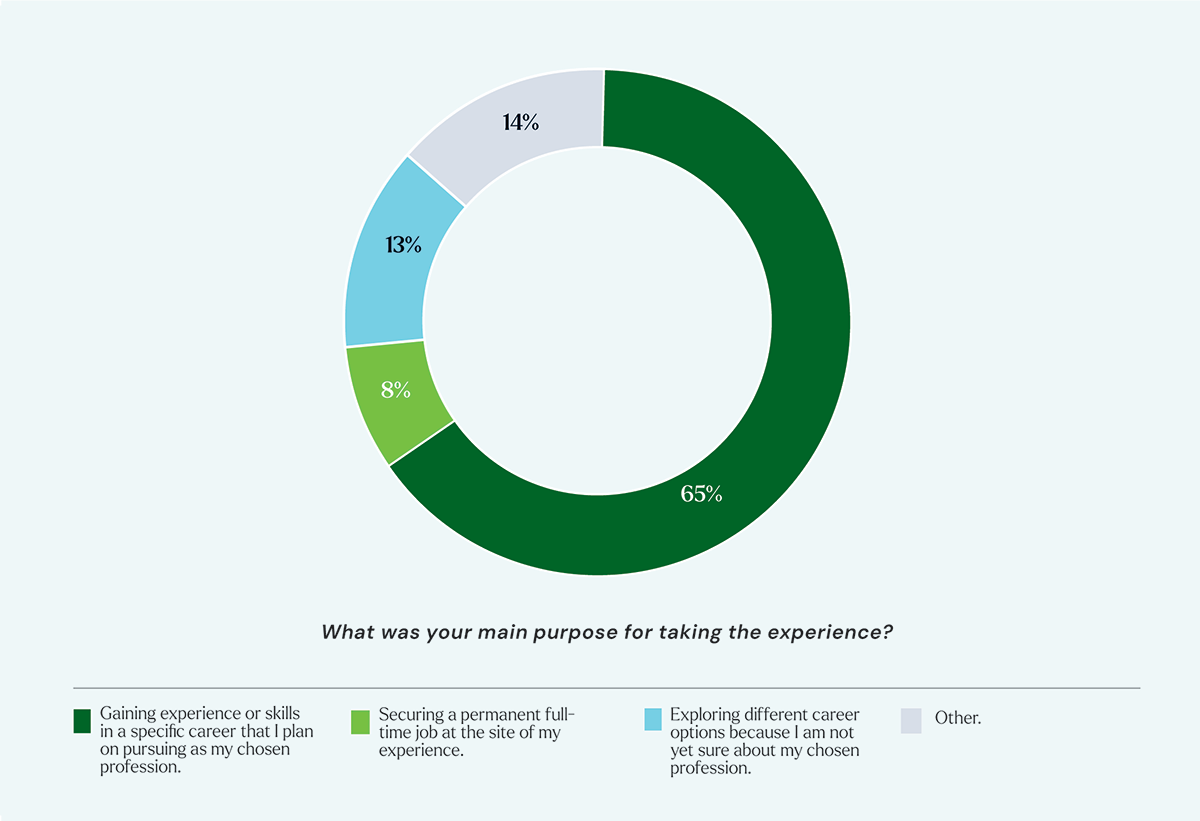
When describing their most valuable work-based learning experience, students rated the career value of undergraduate research as high as paid internships, with practica close behind. Unpaid internships and project-based learning rated slightly lower on the 10-point scale.
Figure 4: Career value of work-based learning experience, by experience type
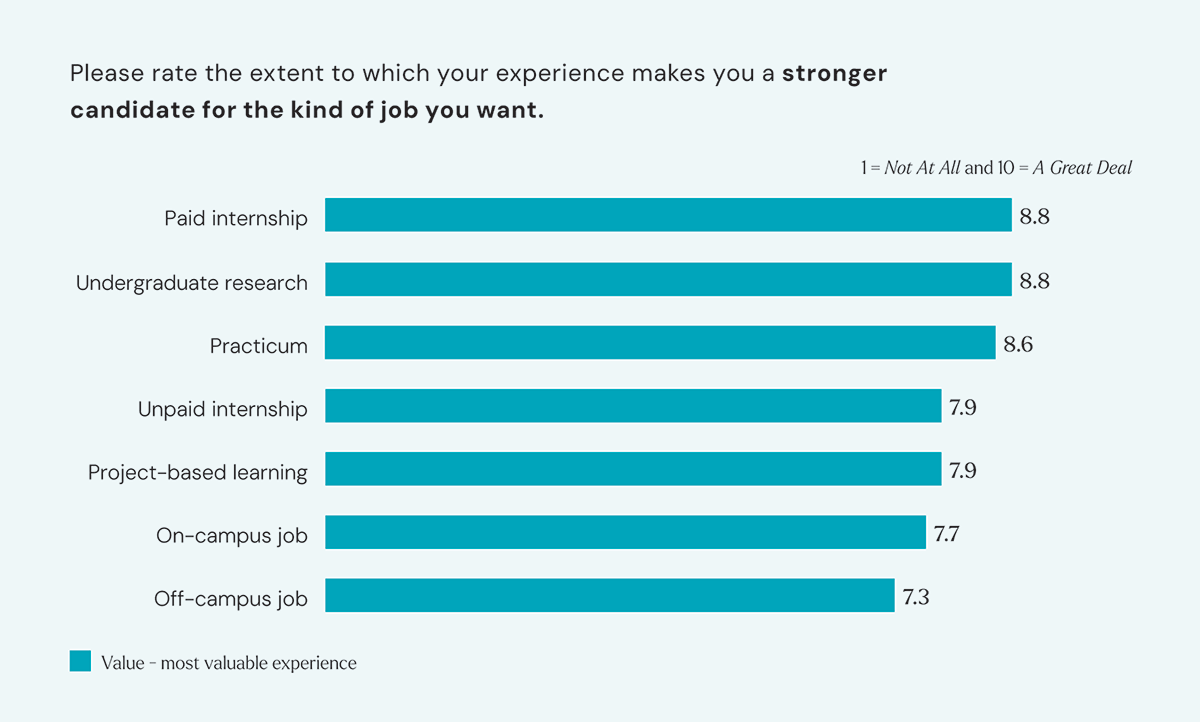






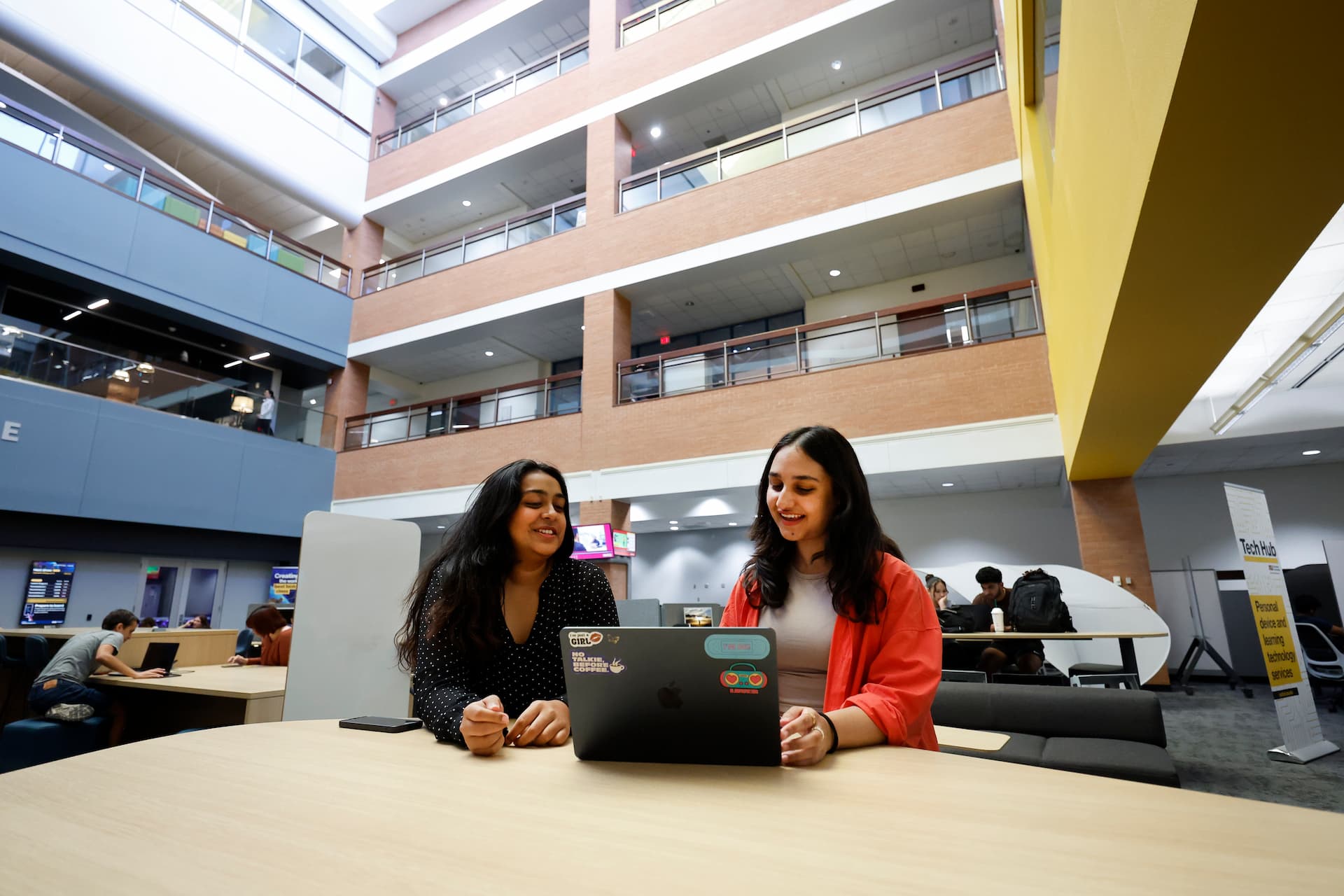

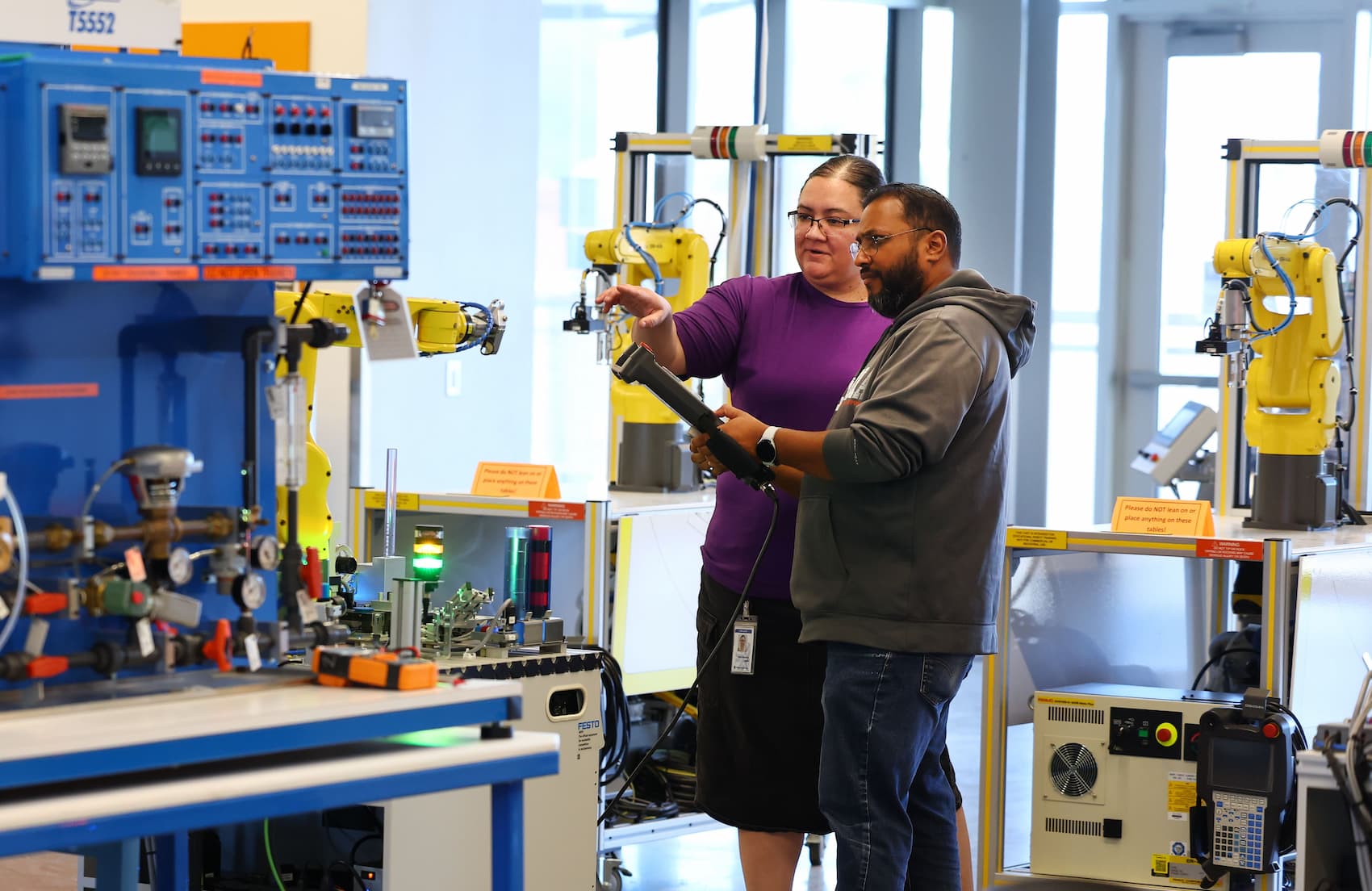
.jpg)
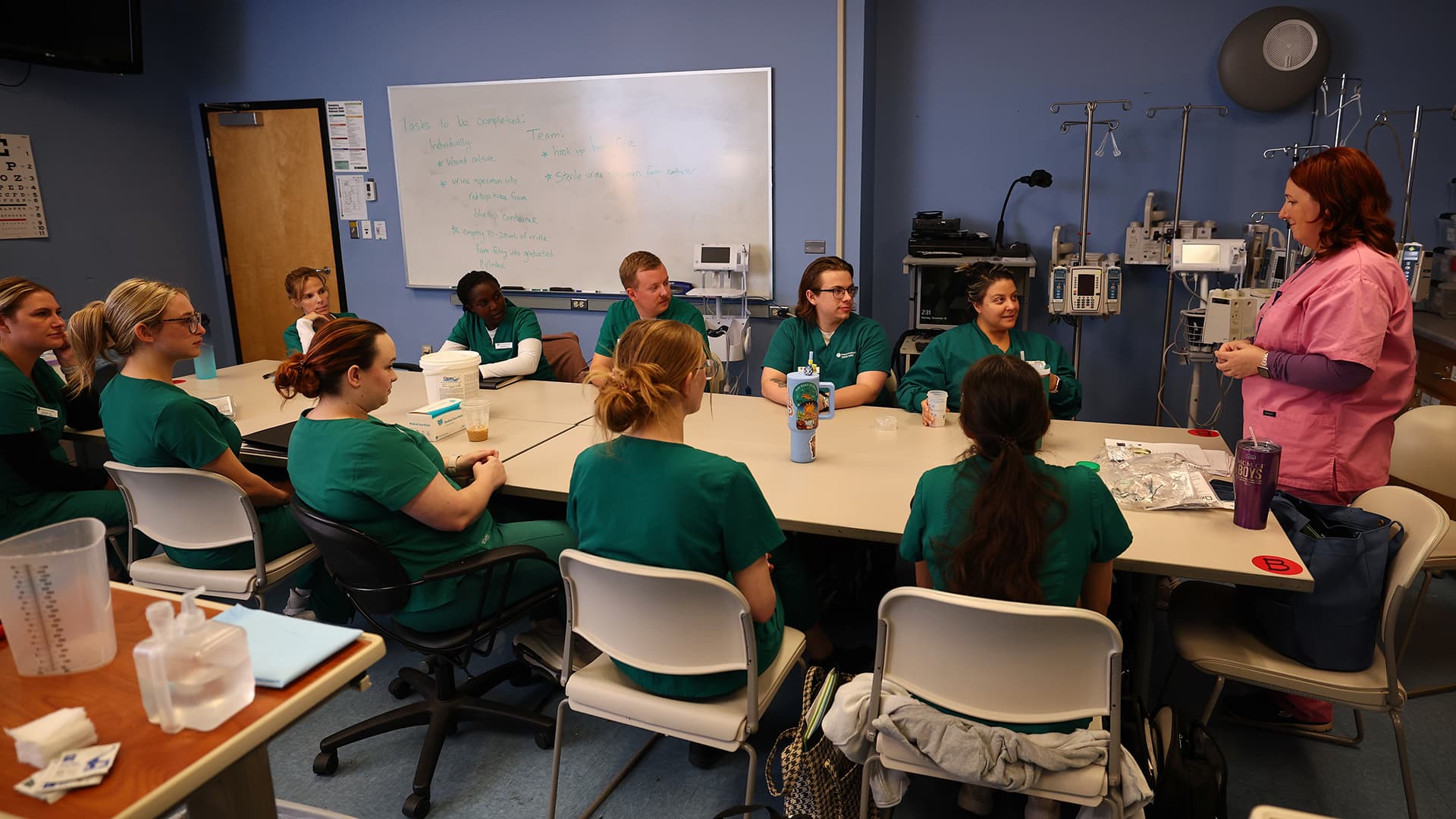




.avif)
.avif)




